We all love those lazy summer days visiting with family and friends. Vacations often include a trip to the beach. Or maybe you like an afternoon at the pool soaking up some rays with a cool drink nearby. Too much heat and humidity can cause problems especially for the very young and seniors. Heat illness is real and can be serious. Knowledge and prevention is key to keeping
cool while enjoying the hot summer weather.
Heat Illness
Your body’s heat combined with environmental heat is called your “core temperature”. Your body needs to regulate the heat gain (and, in cold weather, heat loss) from the environment to maintain a core temperature that’s normal, approximately 98.6 F (37 C). During the summer months, it’s important to stay cool. Getting overheated can lead to serious heat illness including heatstroke.
There are three basic kinds of hot weather illness: heat cramps, heat exhaustion and heatstroke.
Summer Heat Illness: Heat Cramps
In hot weather, your body cools itself mainly by sweating. The evaporation of your sweat regulates your body temperature. But strenuous exercise and over-exertion in hot, humid weather makes it harder for your body to efficiently cool itself.
As a result, you may develop heat cramps, a mild illness. Most commonly, fluid and electrolyte loss contribute to heat cramps. Signs and symptoms usually include heavy sweating, fatigue, thirst and muscle cramps.
Treat heat cramps right away! This usually prevents heat cramps from progressing to heat exhaustion.
Get hydrated! Drink fluids or sports drinks containing electrolytes like Gatorade, Powerade or others. Get into cooler temperatures like an air-conditioned or shaded place. Get some rest. Rest is important since a lot of hot weather illness is due to overexertion. You may not be playing tennis, but even a brisk walk on a sunny day can lead to heat cramps in seniors.
Heat Exhaustion
Heat exhaustion is a condition resulting from your body overheating. High temperatures combined with high humidity and strenuous physical activity can result in heat exhaustion. Generally, there is an excessive loss of water and salt. Symptoms often include heavy sweating and a rapid pulse.
People most often affected by heat exhaustion are those people who work in hot environments, or who have high blood pressure, or who are elderly. Without prompt treatment, heat exhaustion can lead to heatstroke, a life-threatening condition.
Signs and symptoms of heat exhaustion may develop suddenly or over time, especially with prolonged periods of exercise and include:
- Headache
- Moist skin / Heavy sweating
- Faintness / Dizziness
- Fatigue
- Weak, rapid pulse
- Low blood pressure upon standing
If you think you are experiencing heat exhaustion:
- Stop all activity and rest
- Move to a cooler place
- Drink cool water or sports drinks
Contact your doctor if your signs or symptoms worsen or if they don’t improve within one hour. If you are with someone showing signs of heat exhaustion, seek immediate medical attention if he or she becomes confused or agitated, loses consciousness, or is unable to drink.
Heat Stroke Is Serious
Heat stroke occurs when your body temperature rises to 104 F (40 C) or higher as a result of prolonged exposure to or physical exertion in high temperatures. This requires emergency treatment. Call 911 immediately. Heat stroke can quickly damage your brain, heart, kidneys and muscles. The damage worsens the longer treatment is delayed, increasing your risk of serious complications or death.
Signs and Symptoms
- Increased body temperature 104+
- Agitation, confusion, delirium, seizures and coma
- Flushed, hot and dry skin with impaired sweating
- Nausea and vomiting
- Rapid breathing and/or a racing heart rate
Take Action!
While waiting for emergency personnel to arrive, cool the person with whatever means available. Get the person into shade or indoors. Have the person get in a cool tub of cool water or a cool shower. Spray with a garden hose, or sponge with cool water. Fan the person while misting with cool water, or place ice packs or cold, wet towels on the person’s head, neck, armpits and groin.
Heat Illness Risk Factors
- Age – The body’s ability to regulate its temperature isn’t fully developed in the young, ages 4 and younger. And may be reduced by illness, medications or other factors in adults older than 65.
- Medications – Certain medicines affect your body’s ability to stay hydrated and respond appropriately to heat. These include some used to treat high blood pressure and heart problems (beta blockers, diuretics), reduce allergy symptoms (antihistamines), calm you (tranquilizers), or reduce psychiatric symptoms such as delusions (antipsychotics). Additionally, some illegal drugs, such as cocaine and amphetamines, can increase your core temperature.
- Obesity – Excess weight affects the body’s ability to regulate its temperature and retains more heat.
- Sudden temperature changes – If you’re not used to the heat, you’re more susceptible to heat-related illnesses, such as heat exhaustion. Traveling to a warm climate from a cold one or living in an area that has experienced an early heat wave can put you at risk of a heat-related illness because your body hasn’t had a chance to get used to the higher temperatures.
- High Heat Index – The heat index is a single temperature value that considers how both the outdoor temperature and humidity make you feel. When the humidity is high, your sweat can’t evaporate as easily and your body has more difficulty cooling itself, making you prone to heat exhaustion and heatstroke. When the heat index is 91 F (33 C) or higher, you should take precautions to keep cool
Prevention
You can take a number of precautions to prevent hot weather illnesses. When temperatures climb, remember to:
- Wear loose-fitting, lightweight clothing. Wearing excess clothing or clothing that fits tightly won’t allow your body to cool properly.
- Protect against sunburn. Sunburn affects your body’s ability to cool itself, so protect yourself outdoors with a wide-brimmed hat and sunglasses and use a broad-spectrum sunscreen with an SPF of at least 15. Apply sunscreen generously, and reapply every two hours — or more often if you’re swimming or sweating.
- Drink plenty of fluids. Staying hydrated will help your body sweat and maintain a normal body temperature.
- Take extra precautions with certain medications. Be on the lookout for problems if you take medications that can affect your body’s ability to stay hydrated and dissipate heat.
- Never leave anyone in a parked car. This is a common cause of deaths in children. When parked in the sun, the temperature in your car can rise 20 degrees Fahrenheit (more than 6.7 C) in 10 minutes. It’s not safe to leave a person in a parked car in warm or hot weather, even if the windows are cracked or the car is in shade. When your car is parked, keep it locked to prevent a child from getting inside.
- Take it easy during the hottest parts of the day. If you can’t avoid strenuous activity in hot weather, drink fluids and rest frequently in a cool spot. Try to schedule exercise or physical labor for cooler parts of the day, such as early morning or evening.
- Get acclimated. Limit time spent working or exercising in hot weather until you’re conditioned to it. People who are not used to hot weather are especially susceptible to heat-related illness. It can take several weeks for your body to adjust to hot weather.
Happy Fourth of July!


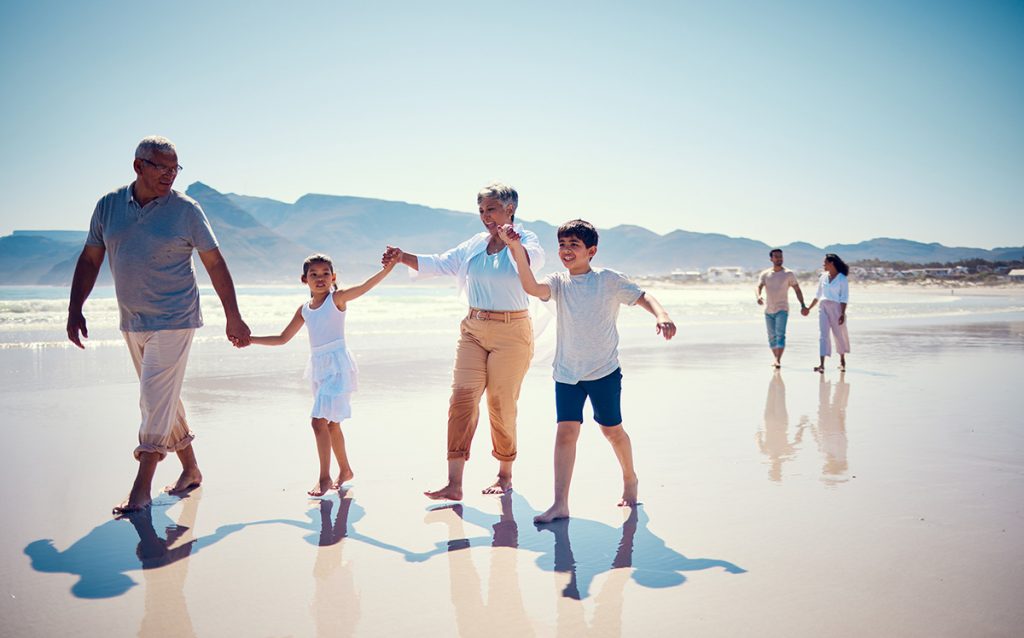
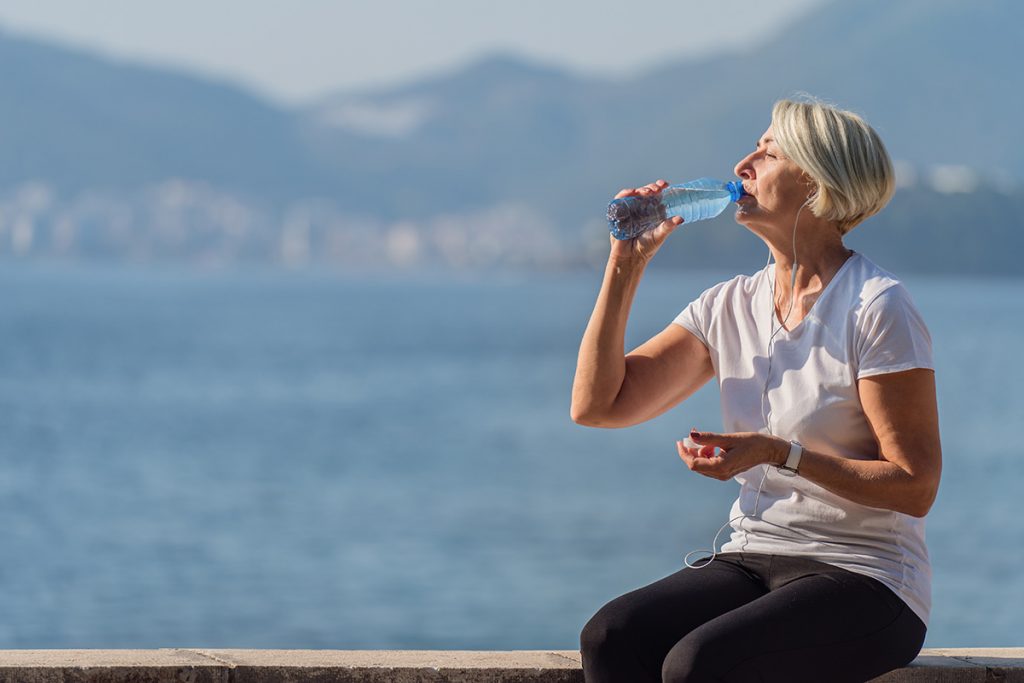
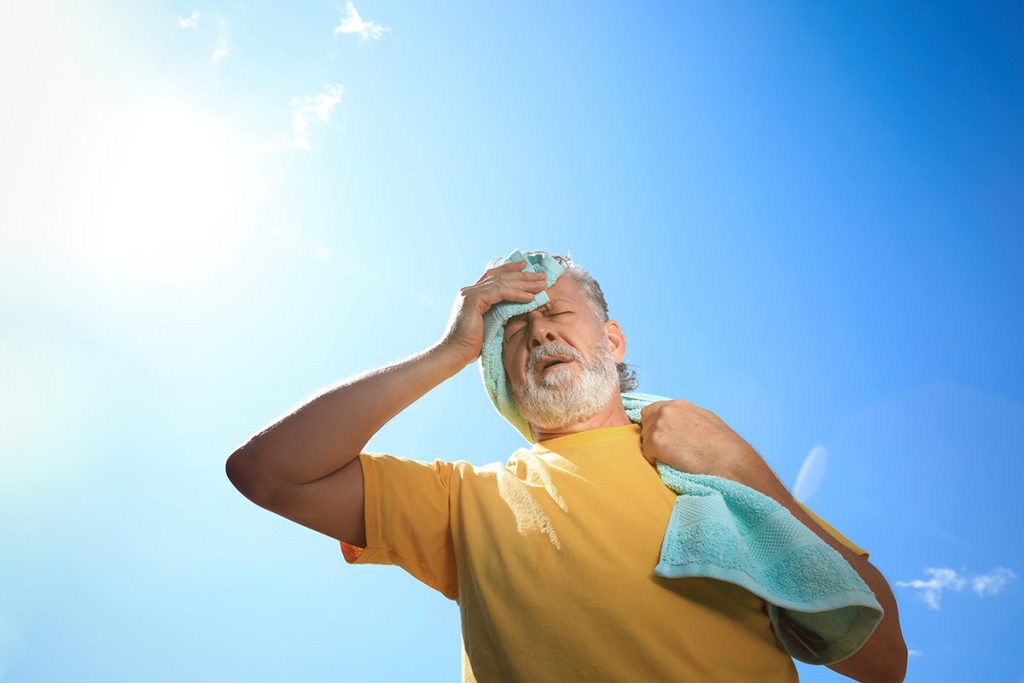
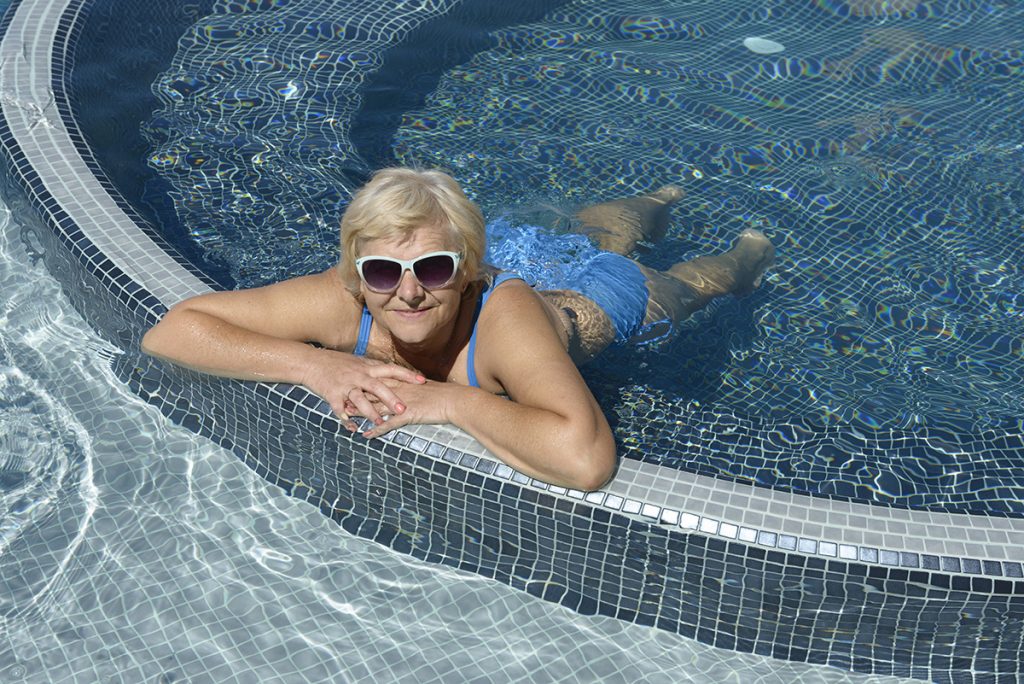
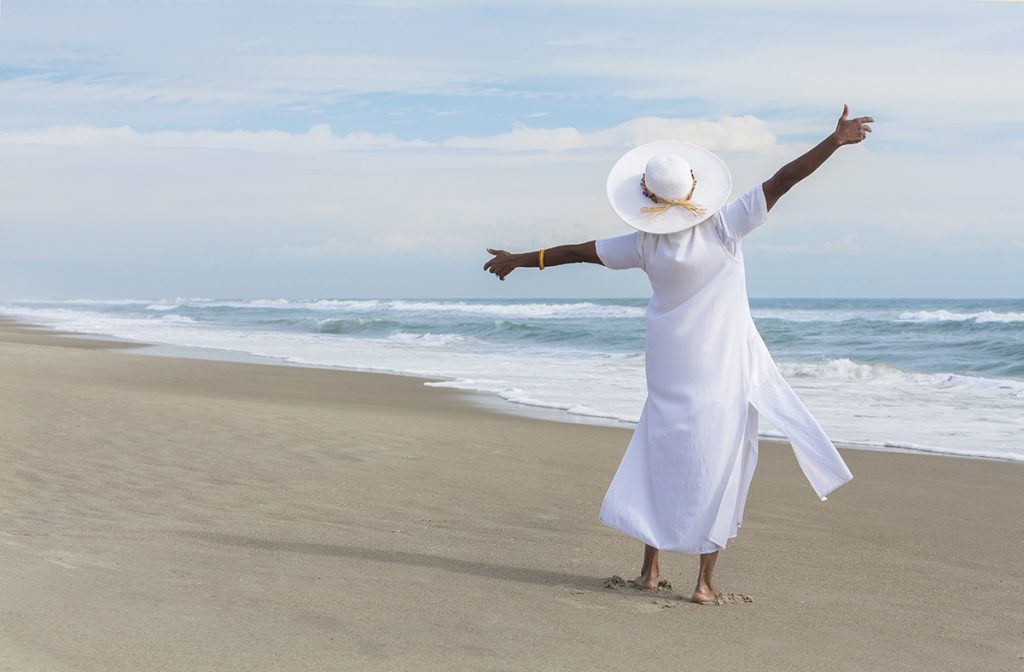
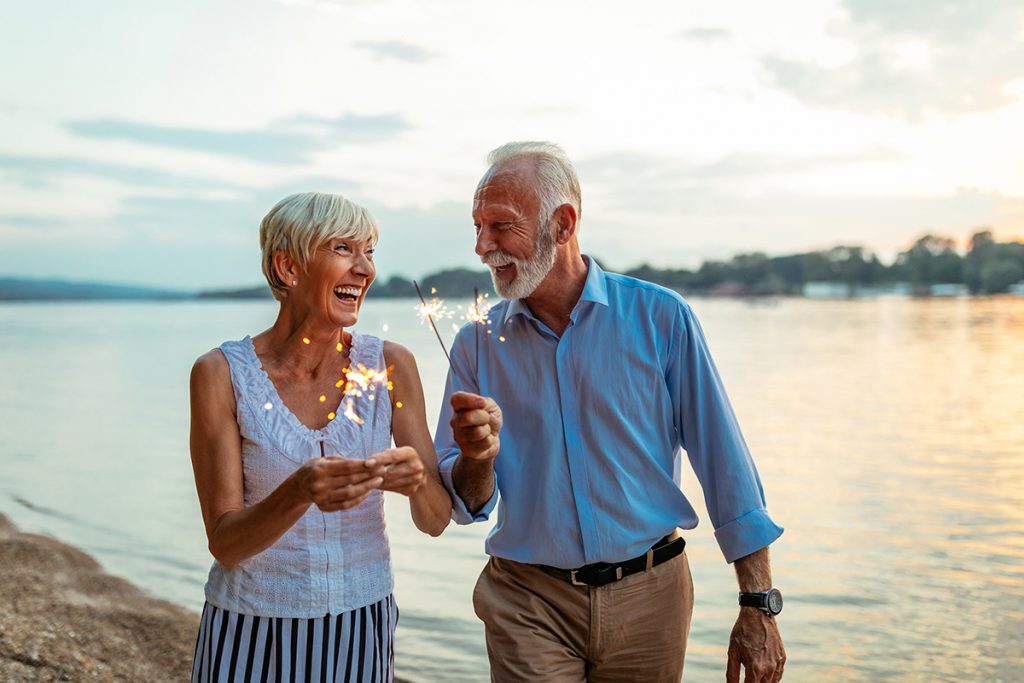



Comments are closed.